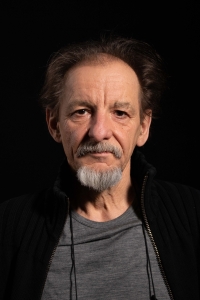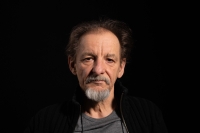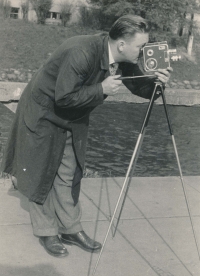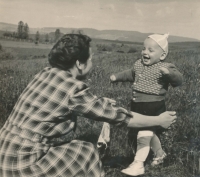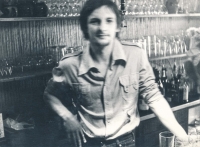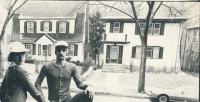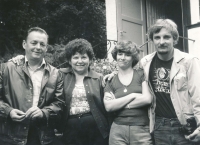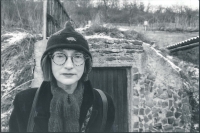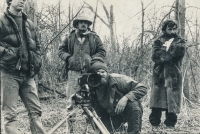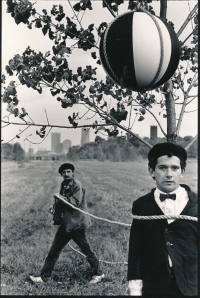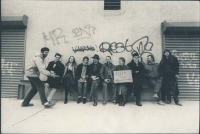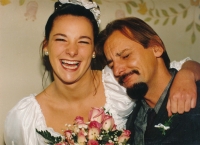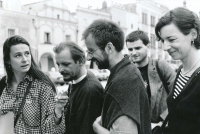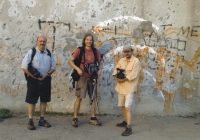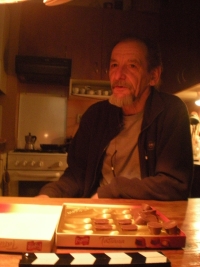It seemed that the gray of normalization would never end
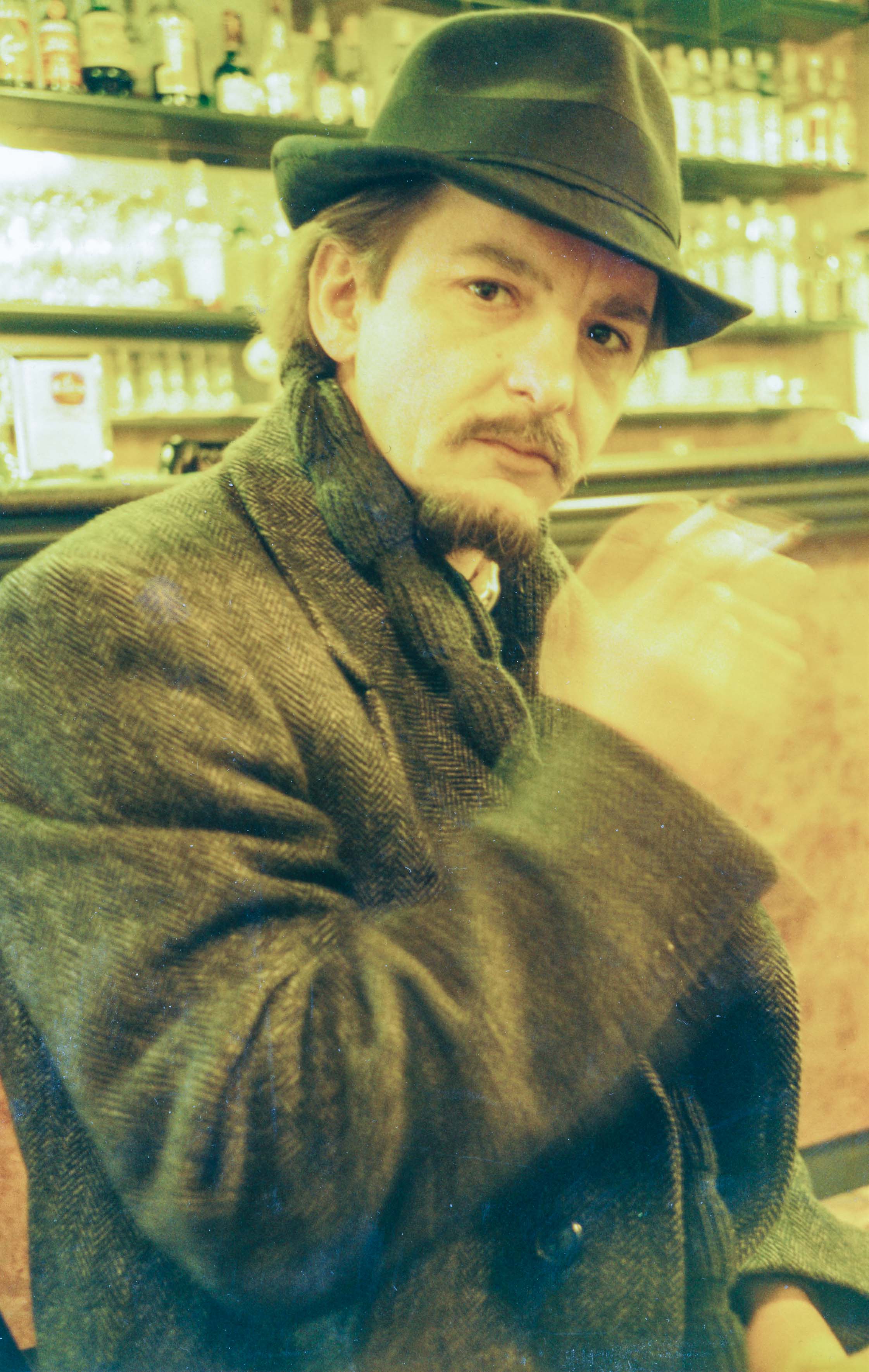
Download image
Miroslav Janek was born on 3rd January 1954 in Náchod. From the age of ten he took photographs and at the age of 14 he made his first short film. After finishing primary school in 1969, he entered the Trutnov Grammar School, where he graduated in 1973. He applied to FAMU several times, but was never accepted for political reasons. In 1973-1974 he worked as a photographer at the Regional Cultural Centre in Hradec Králové. He served his compulsory military service in 1974-1976 as a photographer in the Vít Nejedlý Army Art Ensemble. In the 1970s he began working as an assistant editor at the then Czechoslovak Television. In 1979, he decided to move to the West, and after completing all the formalities, he received permission to leave and left for West Germany in the summer of that year. After a year he flew to the United States and settled in Minneapolis. In absentia he was sentenced to one year’s imprisonment without parole and to forfeiture of all property for the crime of leaving the Republic. From 1982-1986, he served as an educator at the Film in the Cities Media Arts Center. He later worked with American director Godfrey Reggio. He also made around ten independent films in the United States. Since 1996 he has lived in the Czech Republic again. He worked with Czech Television and in 1998 he began teaching at the Department of Documentary Filmmaking at FAMU in Prague, where he headed the production workshop. In 2022 he lived in Prague.
